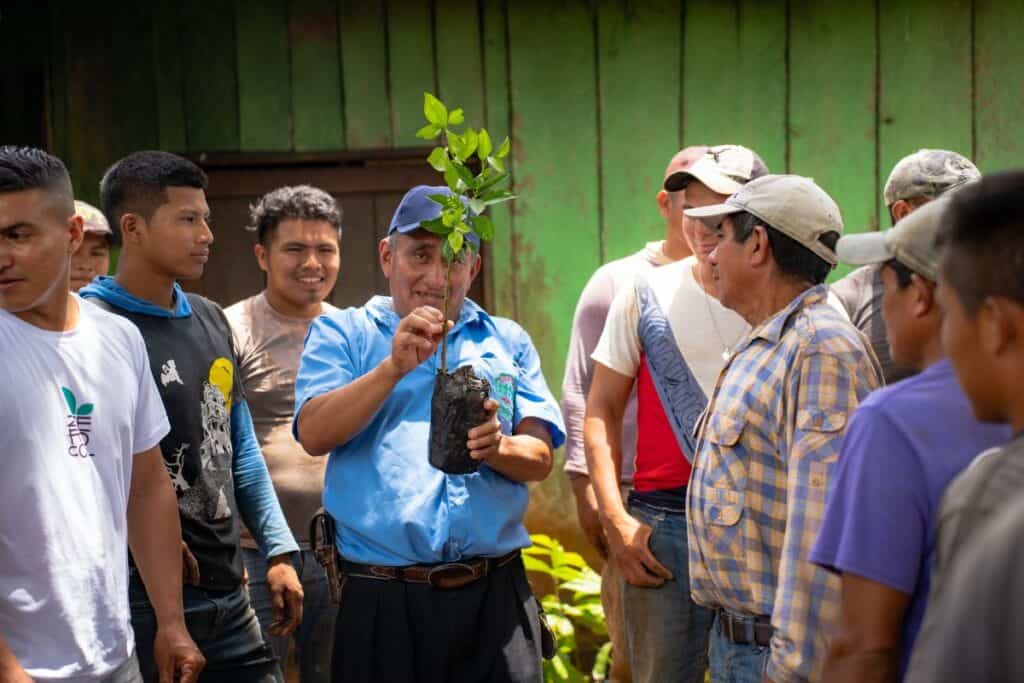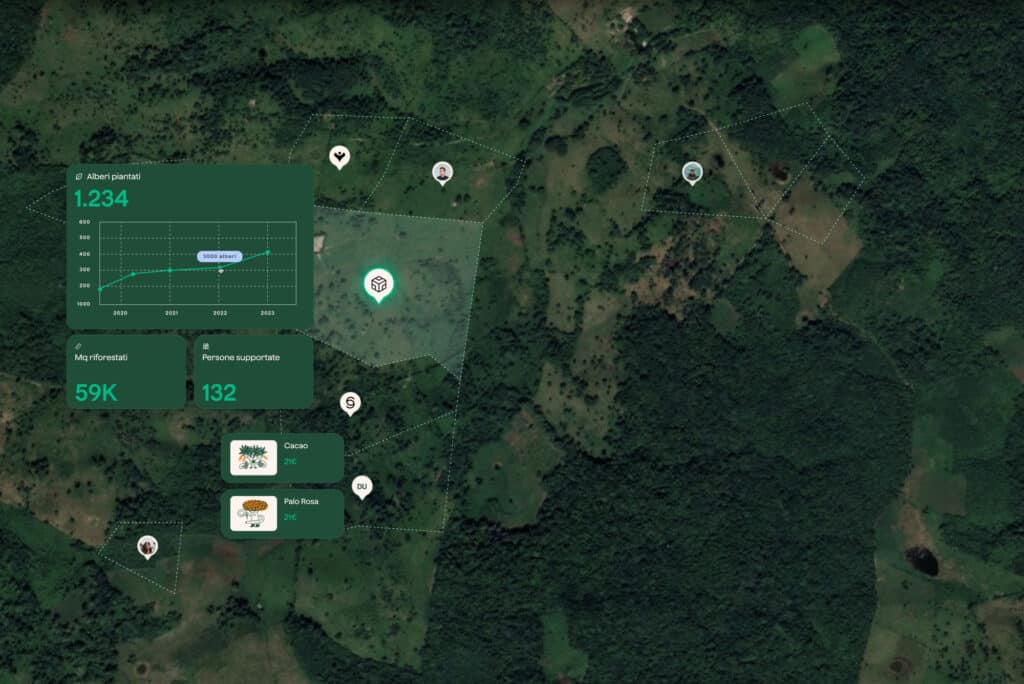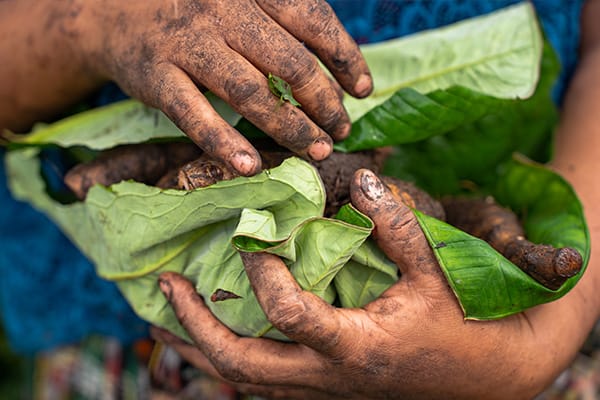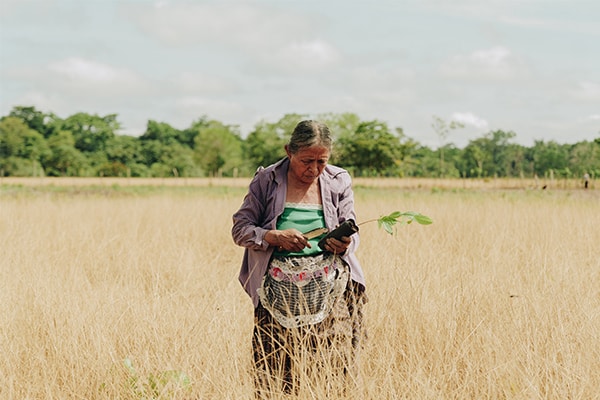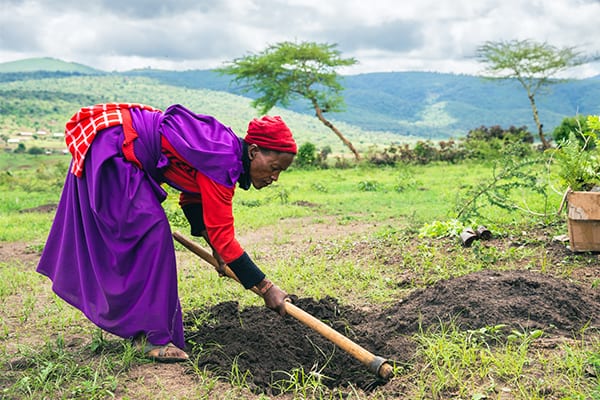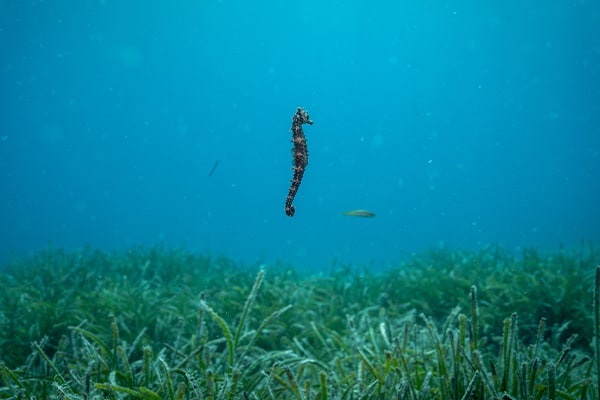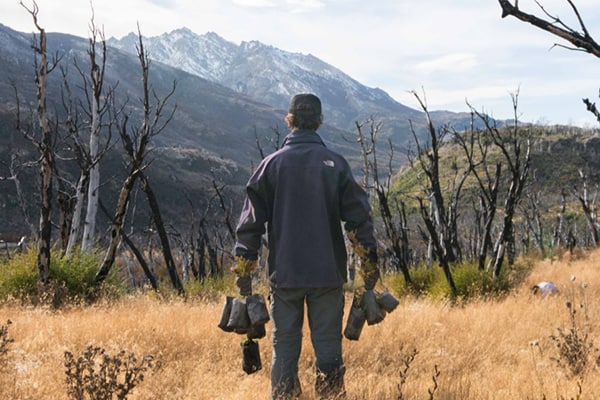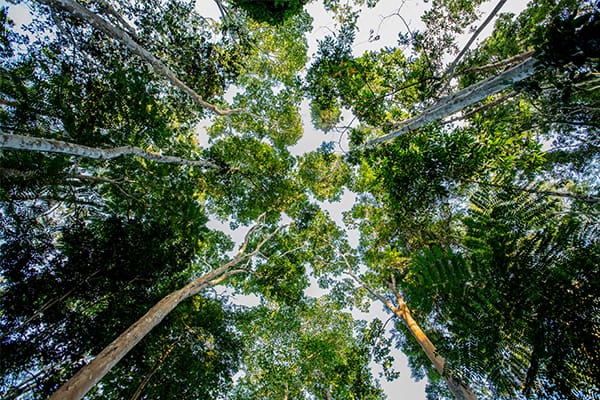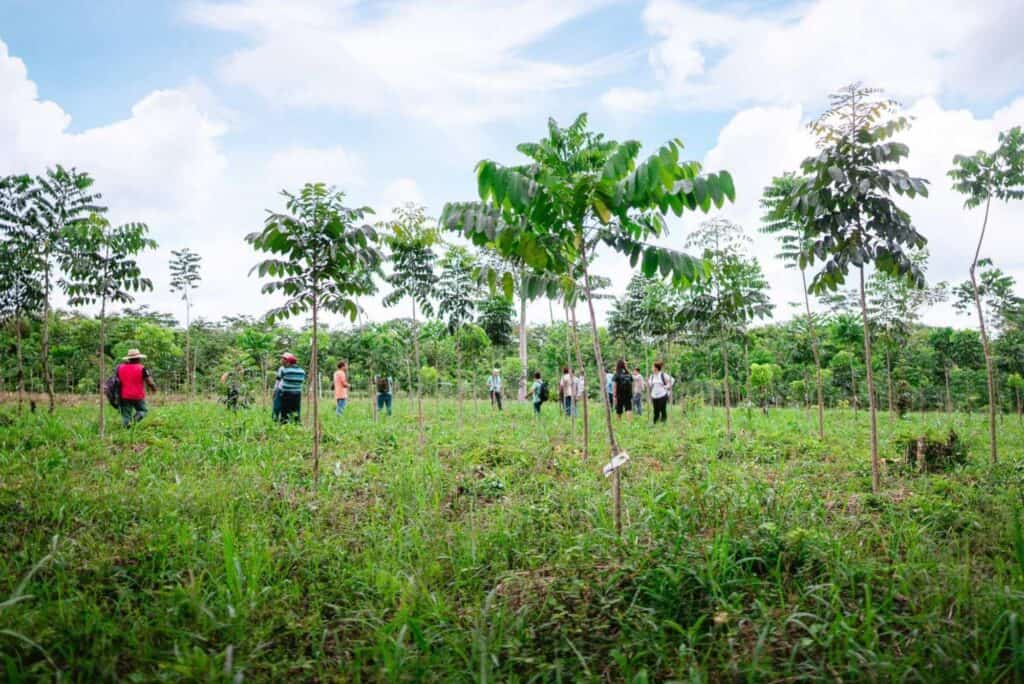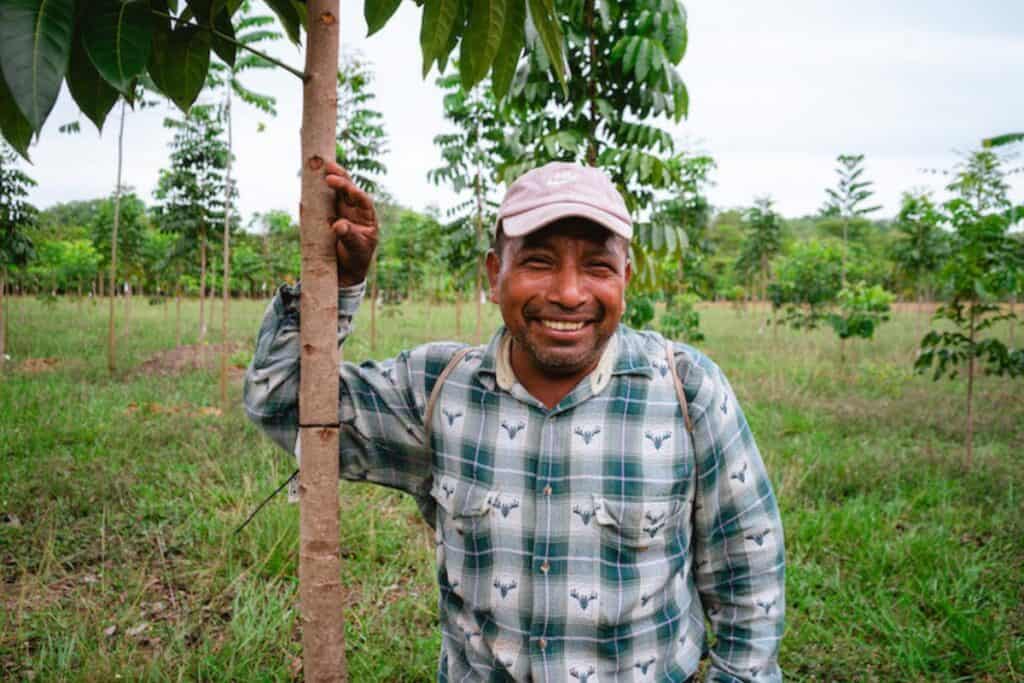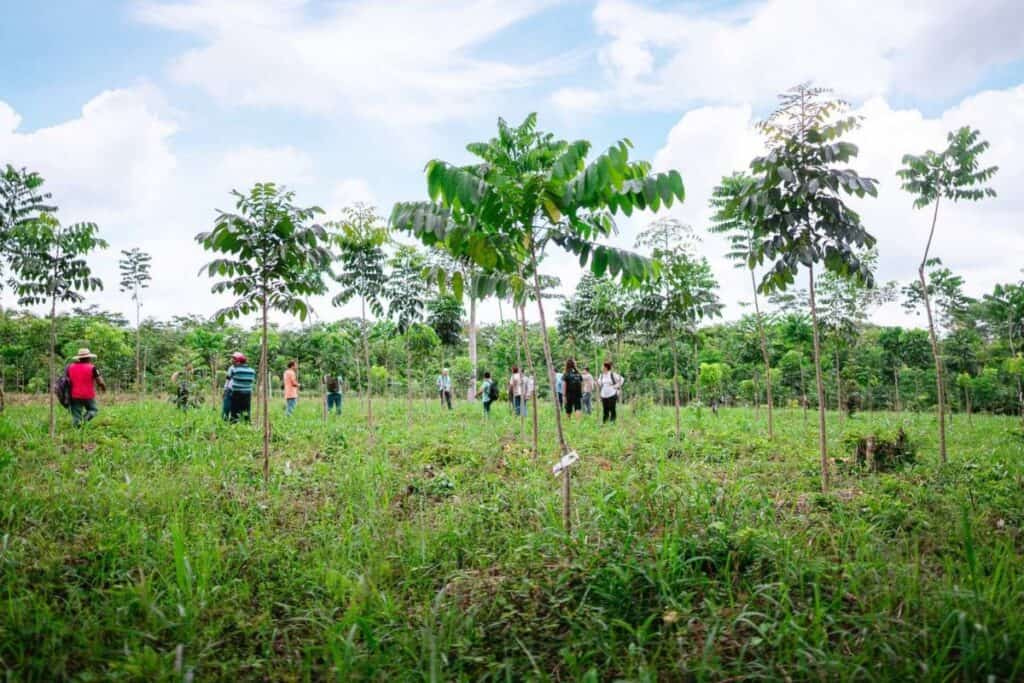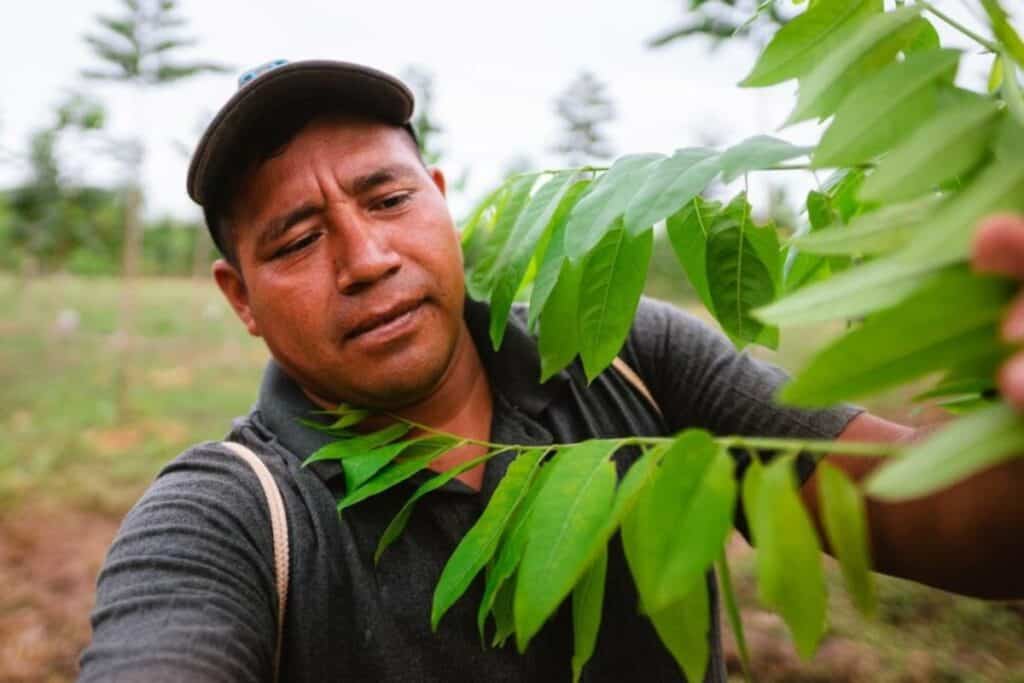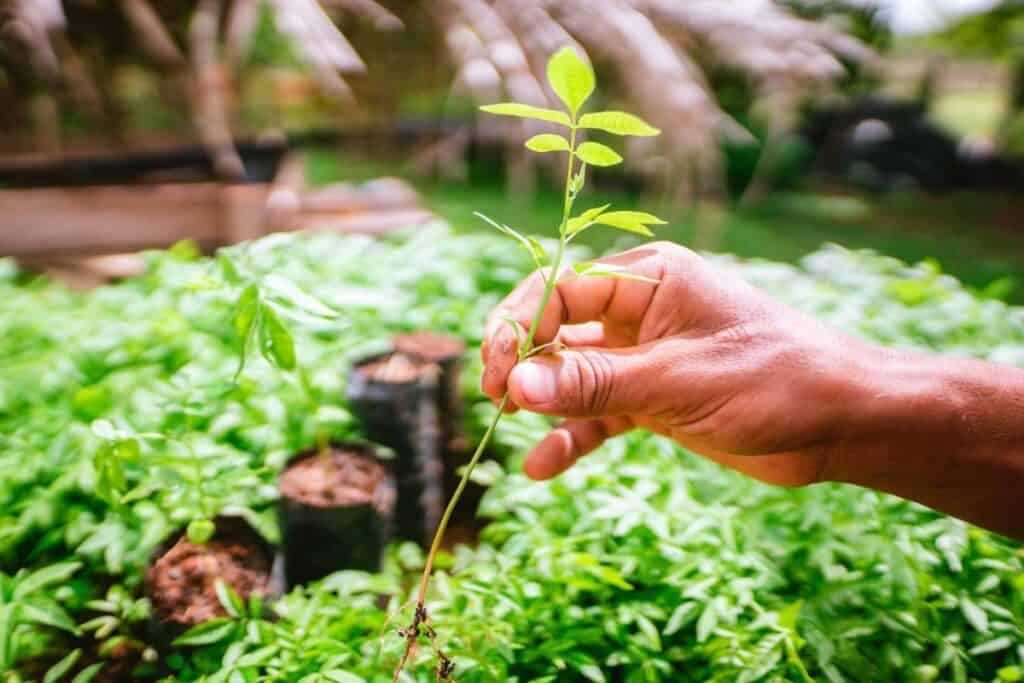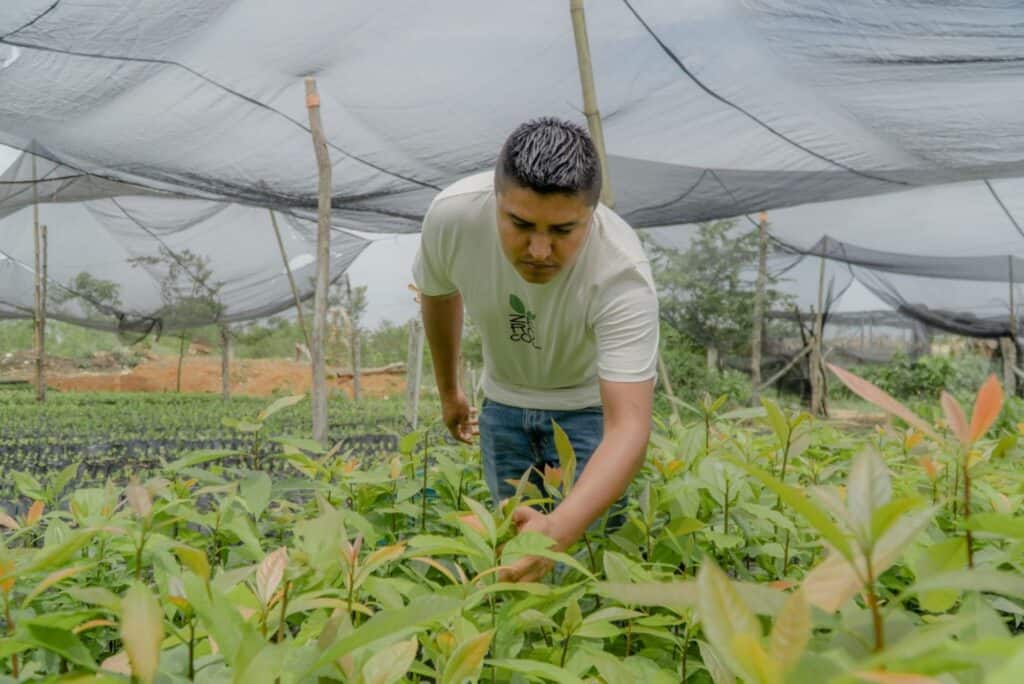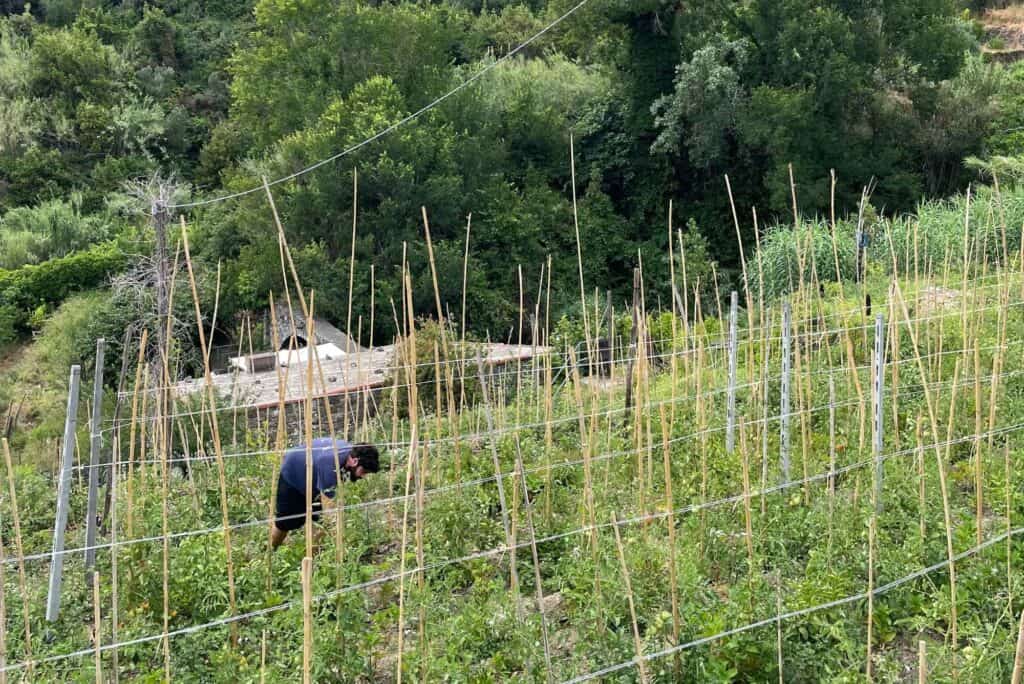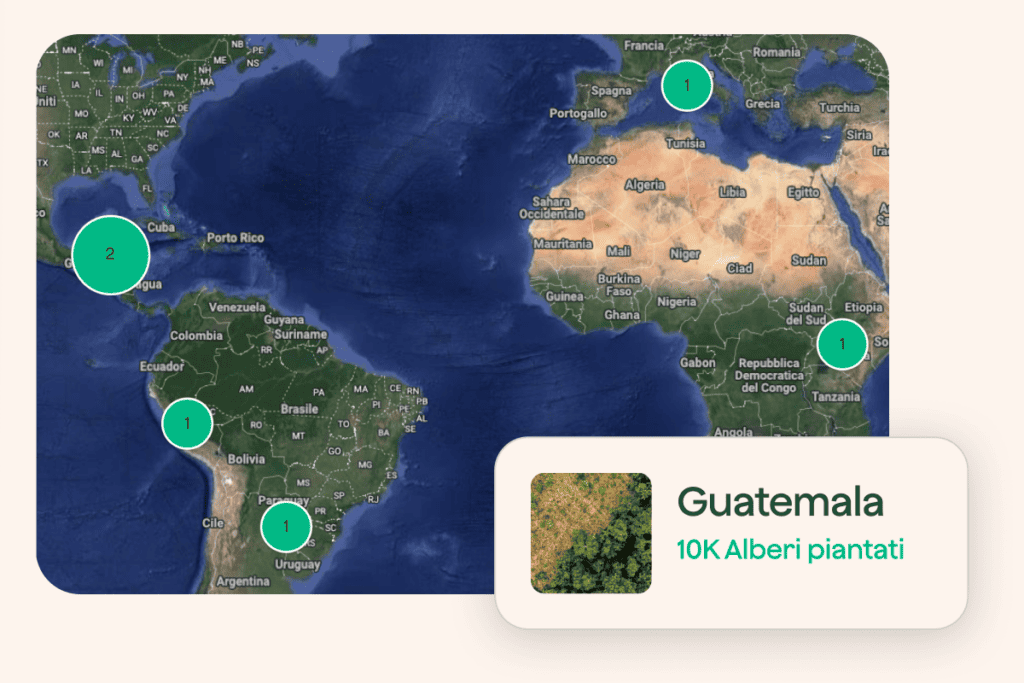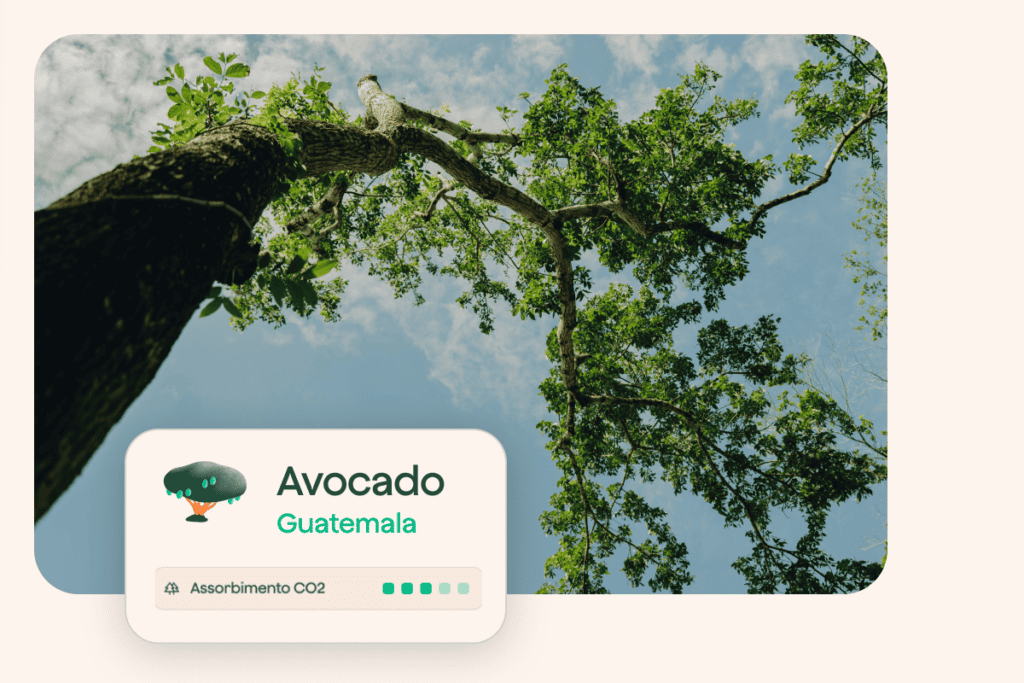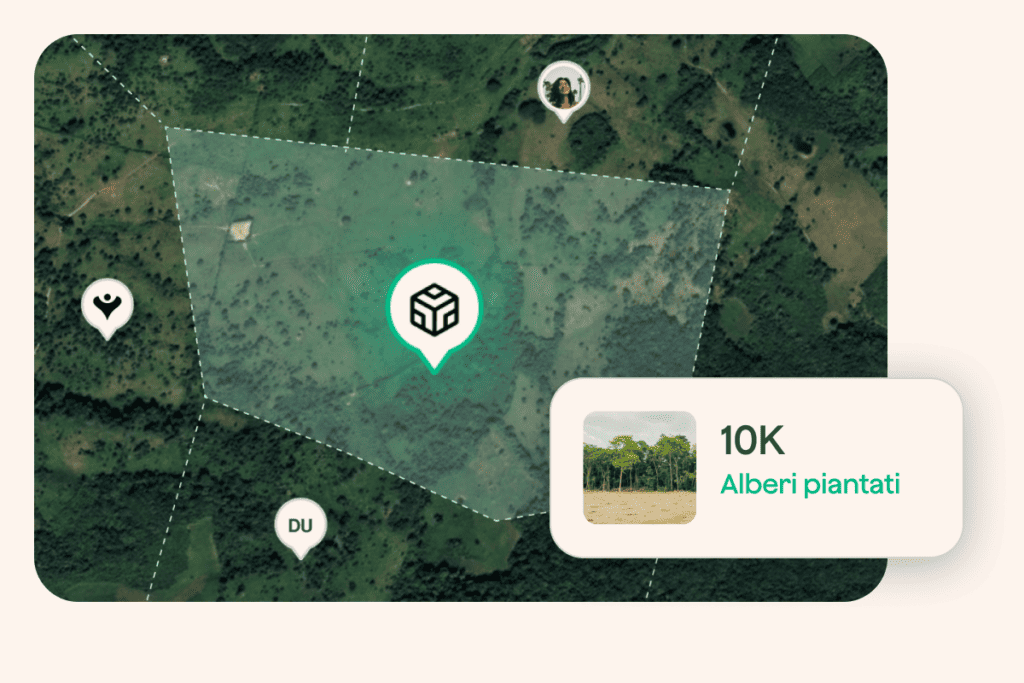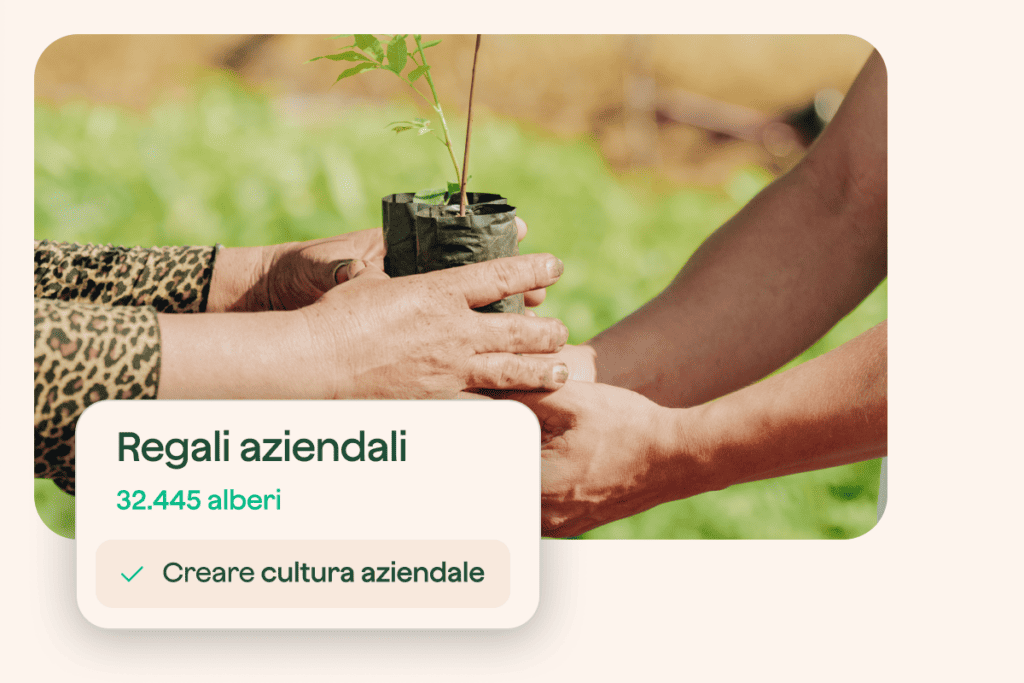In 2015, the Guatemalan State promulgated the Ley Pro Bosque (Pro-Forest Law), which aims to encourage all agricultural activities promoting the restoration of degraded forests, the establishment and management of ecosystemic services, forest plantations and agroforestry systems, as well as the safeguarding of native forests. This law grants incentives to social entities, indigenous communities or private entities that carry out activities of this kind.
It was 2020 when zeroCO2 arrived, offering trees to reforest the area. “However, the local peasantry welcomed us with distrust,” says Cecilia Monari, head of Forestry and Operations at zeroCO2. To contextualise the situation: the population had already received promises from public institutions and national and multinational private companies – which are also the ones responsible for deforestation in Guatemala.
Although they accepted our proposal, they believed this project was “another promise” to be added to the “unrealised hopes” list. “When we arrived with 20,000 trees, no one appeared at first. But we did not give up and started planting trees in the designated plots, just as we had promised them. When they saw what was happening, more and more people started to join and help us with the planting process,” shares Cecilia. “They offered us help, food, and a shower. And the food was not just any dish: it was a caldo de gallina, a typical dish that means family, closeness, and trust.” And this bond endures until today.
